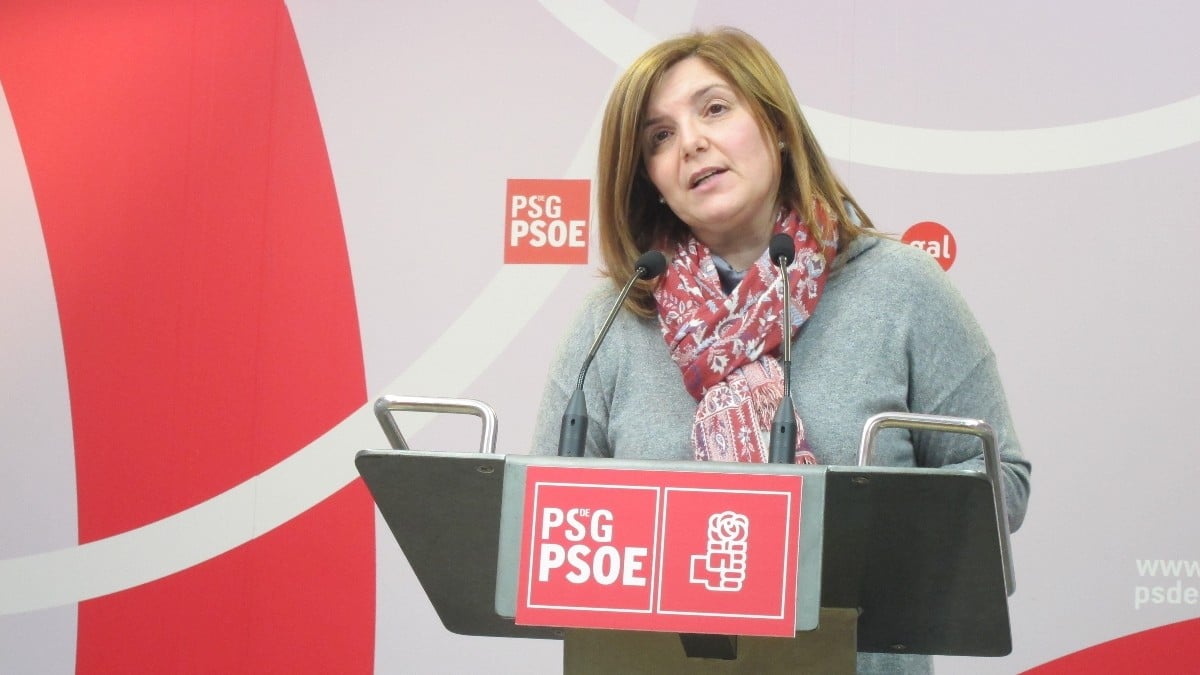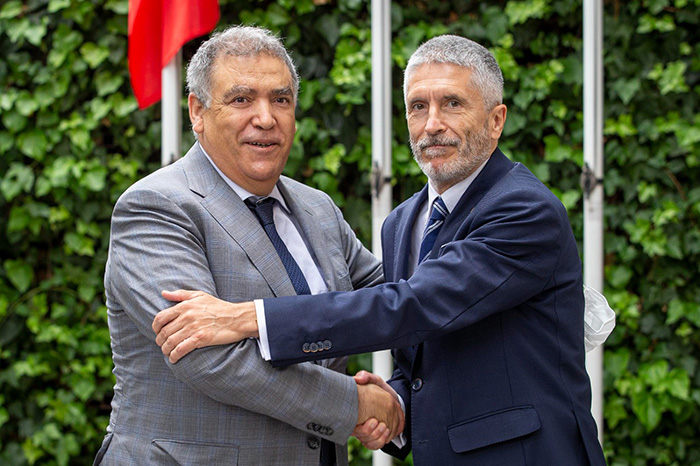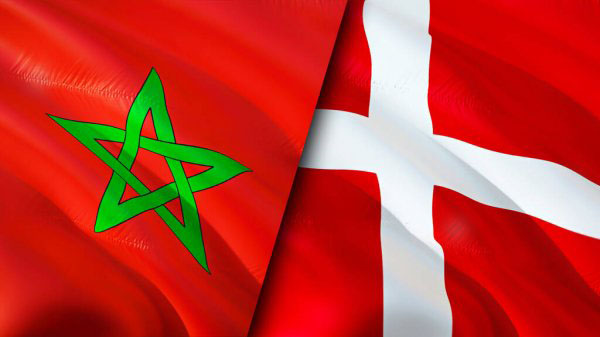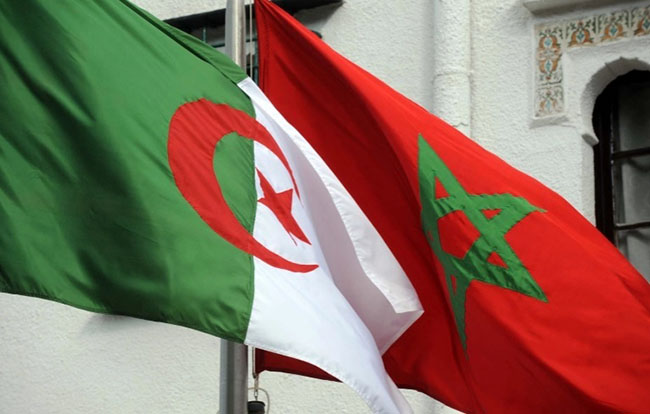Morocco and Spain, "two brotherly countries currently enjoying the best period in their relationships," serve as an "example to be followed" by other countries in managing human mobility, Spain's State Secretary for Migration, Pilar Cancela Rodriguez stressed Monday in Marrakech.
"We are an example to be followed by many other countries in managing human mobility in order to take up a positive challenge towards growth and progress," Cancela Rodriguez told MAP on the sidelines of the 22nd meeting of the Moroccan-Spanish Permanent Joint Migration Group, co-chaired with Khalid Zerouali, Wali, Director of Migration and Border Surveillance.
"Morocco and Spain are committed to circular and orderly migration projects, and our desire is to pursue the same path," the Spanish official pointed out, adding that the "joint work of both countries is geared towards this perspective."
The "fruitful and very positive" Marrakech meeting reaffirmed both countries’ willingness "to pursue common goals in order to counter hate speech and xenophobia, and to promote orderly human mobility that spurs progress and development," Cancela Rodriguez said, highlighting the contribution of Moroccans living in Spain in bringing the two countries closer.
"The Moroccan community in Spain is a model for integration, contributing to the development of a nation built on solidarity, well-being, values and rule of law,” she stressed.
The 22nd meeting of the Moroccan-Spanish Permanent Joint Migration Group, attended by the Spanish Secretary of State for Security, Rafael Pérez Ruiz, addressed the bilateral migration partnership.
On this occasion, the Spanish side expressed its thanks for the enormous efforts made by the Moroccan authorities to combat irregular migration, with tangible results, particularly on the Atlantic and Western Mediterranean routes, making the Kingdom a reliable partner and a key player in regional security.
Given the common challenges posed by the increasingly violent methods used by migrant smuggling networks and the unstable regional environment, both parties have decided to strengthen their coordination and information exchange mechanisms, by renewing joint working methods at Police Cooperation Centers, between liaison officers and within joint patrols.
With respect to regular migration, the two parties discussed the Moroccan-Spanish model for managing circular and labor mobility, which has proven successful and is recognized at European and international levels.






